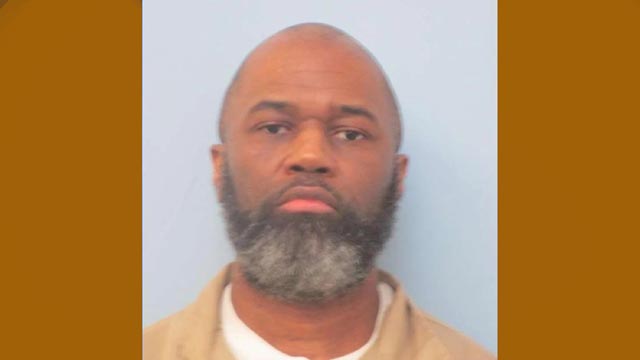News Flash
News Flash

WASHINGTON, Feb 7, 2025 (BSS/AFP) - A serial rapist and murderer was put to
death by nitrogen gas in Alabama on Thursday, the fourth use of the
controversial execution method in the southern US state.
Demetrius Frazier, 52, was sentenced to death in 1996 for the 1991 murder of
40-year-old Pauline Brown, a mother of two, in the Alabama city of
Birmingham.
Frazier was found guilty of breaking into Brown's apartment, raping her and
shooting her in the head. The jury voted 10-2 to recommend the death penalty.
According to court documents, Frazier, who is Black, accused the
predominantly white jury during his trial of being racist.
Frazier was previously convicted of rape and the 1992 murder of a 14-year-old
girl, Crystal Kendrick, in the northern state of Michigan.
Michigan does not have the death penalty and Frazier was serving a life
sentence there for Kendrick's murder and for two separate rape convictions.
He was transferred to Alabama in 2011 and appeals seeking to have him sent
back to Michigan to serve his life sentence were rejected.
His appeals claiming that the nitrogen gas method of execution amounts to
cruel and unusual punishment were also been denied.
Frazier was put to death at a prison in Atmore, Alabama, on Thursday. The
Alabama Department of Corrections said he was pronounced dead at 6:36 pm
Central Time (0036 GMT).
Alabama carried out three executions by nitrogen asphyxiation last year and
is the only US state currently using the method. Other US states use lethal
injection.
The execution is performed by pumping nitrogen gas into a facemask, causing
the prisoner to suffocate.
United Nations experts appointed by the UN Human Rights Council have
denounced the use of nitrogen gas, saying it "may amount to cruel, inhuman or
degrading treatment, or even torture."
There were 25 executions in the United States last year.
The death penalty has been abolished in 23 of the country's 50 states, while
three others -- California, Oregon and Pennsylvania -- have moratoriums in
place.
Three states -- Arizona, Ohio and Tennessee -- that had paused executions
have recently announced plans to resume them.
President Donald Trump is a proponent of capital punishment and on his first
day in the White House he called for an expansion of its use "for the vilest
crimes."